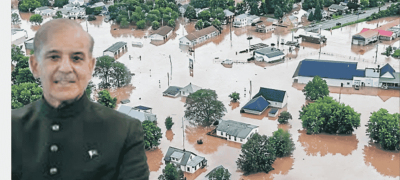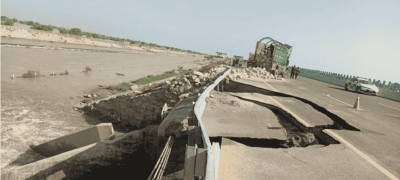The 3 Marla Plots Scheme Punjab Eligibility Criteria 2025 has been updated, giving low-income families in the province a chance to secure land for their own homes. This government-backed housing project is designed to provide relief to people who have long struggled with rising rents and limited housing options.
According to officials, the scheme will prioritize citizens with limited income, widows, orphans, and individuals without permanent housing. By revising the eligibility criteria, the government aims to make home ownership possible for those who need it most.
3 Marla Plots Scheme Punjab Eligibility Criteria 2025
Applicants must meet the following requirements under the new guidelines:
- The applicant should be a Pakistani citizen with a valid CNIC.
- Priority will be given to families without any existing residential property.
- Monthly household income must fall below a fixed threshold set by the authorities.
- Special quotas are reserved for widows, orphans, and disabled citizens.
- Only one application per family will be accepted.
The updated scheme is expected to make the process more transparent and accessible. Citizens who meet these requirements can apply online through the government portal. For further details on how to apply, this report on the Apni Zameen Apna Ghar scheme provides additional information about the application process.
Officials stated that strict action will be taken against misuse of the scheme. Only genuine applicants meeting the criteria will be considered. The government also plans to monitor the distribution process closely to ensure fairness and prevent favoritism.
Housing experts believe that the 3 Marla Plots Scheme, Punjab Eligibility Criteria 2025, will play a crucial role in reducing the housing shortage in Punjab. It not only opens opportunities for low-income groups but also contributes to urban planning by promoting legal housing societies instead of unregulated settlements.
The government hopes that by expanding access to affordable land, thousands of families will soon have the stability of their own homes. This initiative highlights a broader vision for social welfare and inclusive development in the province.







